On December 14, 2021, Economic and Fiscal Update 2021 and the related Notice of Ways and Means Motion were released along with the following backgrounders:
Backgrounder: Protecting Our Recovery by Finishing the Fight Against COVID-19
Backgrounder: A Canada-wide Early Learning and Child Care Plan
Tax and related items provided for in the Update include:
Eligible Educator School Supply Tax Credit: This refundable tax credit is proposed to increase from 15% to 25%, effective for 2021. Some durable goods and electronic devices would be added as eligible supplies.
Small Business Air Quality Improvement Tax Credit: The credit is proposed at 25% of an eligible entity’s qualifying expenditures (to a maximum of $10,000 in expenditures per qualifying location and a maximum of $50,000 across all qualifying locations). Qualifying expenditures would include expenses directly attributable to the purchase, installation, upgrade, or conversion of mechanical heating, ventilation and air conditioning (HVAC) systems, as well as the purchase of devices designed to filter air using high-efficiency particulate air (HEPA) filters, the primary purpose of which is to increase outdoor air intake or to improve air cleaning or air filtration. This would apply to expenditures incurred between September 1, 2021 and December 31, 2022.
Underused Housing Tax: This tax is proposed to be effective for the 2022 calendar year. Expanded exemptions for significant use by the owner’s family and rural vacation/recreational properties personally used by the owner for at least 4 weeks were also proposed.
Simplified home office deduction method: It is proposed that the simplified rules for deducting home office expenses would be extended and the temporary flat rate method would be increased to $500 annually. This would apply to the 2021 and 2022 tax years.
GIS support: It is proposed that one-time payments will be made to alleviate the financial hardship of GIS and Allowance recipients who received the CERB or CRB in 2020. The amount of payment was not provided.
Student relief: The government proposed to provide debt relief to students who, although ineligible, received the CERB, by allowing their CERB-related debt to be offset by the amount they would have received from the CESB.
Expanded access to the Northern Residents’ Deduction (NRD): The government reiterated their intention to bring forward legislation to extend the NRD so eligible individuals can claim up to $1,200 in eligible travel expenses starting “next month.”
Pollution pricing – payments to farmers: It is proposed that fuel charge proceeds will be directly returned to farming businesses in backstop jurisdictions (Ontario, Manitoba, Saskatchewan, and Alberta) via a refundable tax credit, starting for the 2021-22 fuel charge year.
CEBA repayment: It is proposed that legislation would be brought forward to extend small businesses’ deadline for the repayment of Canada Emergency Business Account loans.
Highly Affected Sectors Credit Availability Program: This program is proposed to be extended to March 31, 2022 (it was set to expire on December 31, 2021).
EI Seasonal Workers Pilot Project: The government intends to ensure that seasonal workers who received pandemic benefits can still qualify for the EI Seasonal Workers Pilot Project.
Luxury Tax: Budget 2021 proposed to introduce a tax on the sale of select luxury goods (new cars and aircraft with a retail sale price over $100,000 and to new boats over $250,000). Draft legislation, including details on coming into force, will be released in early 2022.
